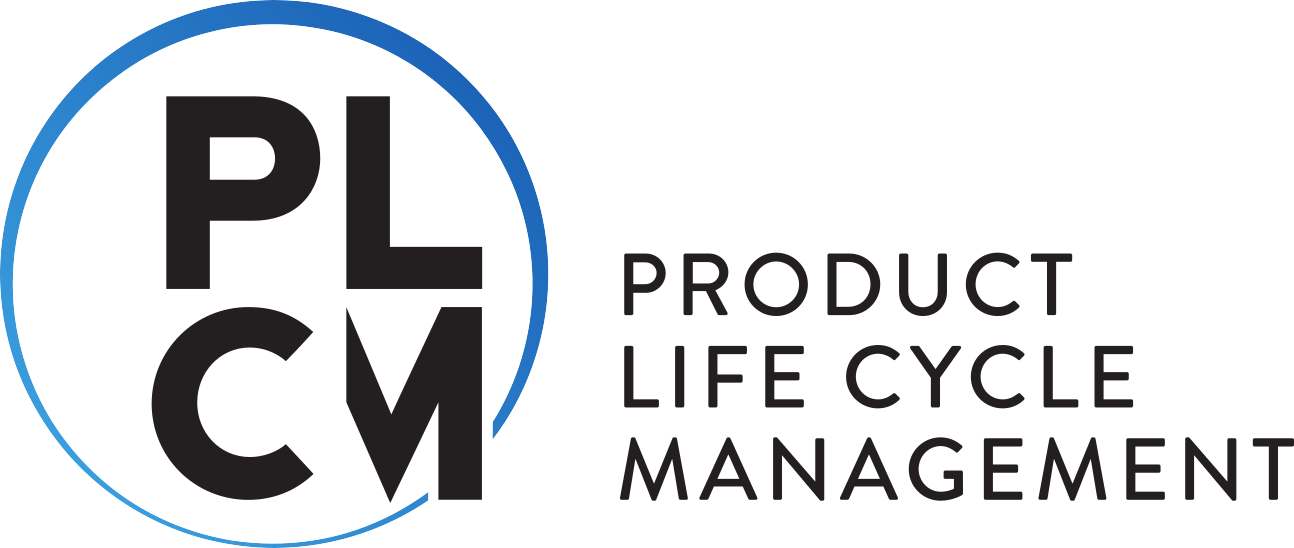Will AI become the new key technology in autonomous space applications?
That is exactly what we think! AI methods will enable highly automated production systems that will vastly exceed the flexibility and precision of classical approaches, thus becoming a decisive success factor in international competition.
This vision is the aim of the joint project “AI-In-Orbit-Factory”, which is funded for a 2-year period since the 1st of August 2020 by the German Aerospace Center (Deutsches Zentrum für Luft- und Raumfahrt – DLR) and the Federal Ministry of Economic Affairs and Energy (BMWi). The joint project focuses on the examination and development of basic concepts for the in-orbit production of small satellites based on the integration of artificial intelligence methods. The Technical University of Darmstadt, the Technical University of Munich and the Center for Telematics (ZfT) in Würzburg are involved in AI-In-Orbit-Factory. The same group has already successfully researched the fundamentals of robotic assembly of highly modular satellites based on Industrie 4.0 processes in the project “Space Factory 4.0”.
In AI-In-Orbit-Factory, the TU Darmstadt, represented by the Department of Computer Integrated Design (DiK) of Prof. Anderl, develops a digital process twin for the holistic monitoring and control of in-orbit production activities. Using AI methods, the process twin enables the interaction of all process participants and enables automated and optimized assembly and test procedures. In addition, the FG DiK is responsible for the coordination of the joint project.
In this project, the Center for Telematics develops the automatic assembly of highly modular systems into a satellite. For this purpose, the AIT (Assembly, Integration, Testing) process is optimized using adaptive as well as AI-methods and the respective process states are monitored by the digital process twin. Adaptive methods allow, among other things, the flexible use of different modular structures and interfaces. Furthermore, AIT technologies are designed for the adaptive disassembly and repair of satellites.
The Technical University of Munich, represented by the Chair of Sensor Based Robotic Systems and Intelligent Assistance Systems, is developing methods for extended telepresence in the project to superimpose autonomous control with teleoperative control. Using virtual fixtures, specially adapted novel control concepts and AI-supported telemanipulation, the quality of telerobotic control is increased. The innovative AI-supported teleoperation facilitates a seamless switching between teleoperative control and autonomous assembly without completely reinitializing the autonomy function.






